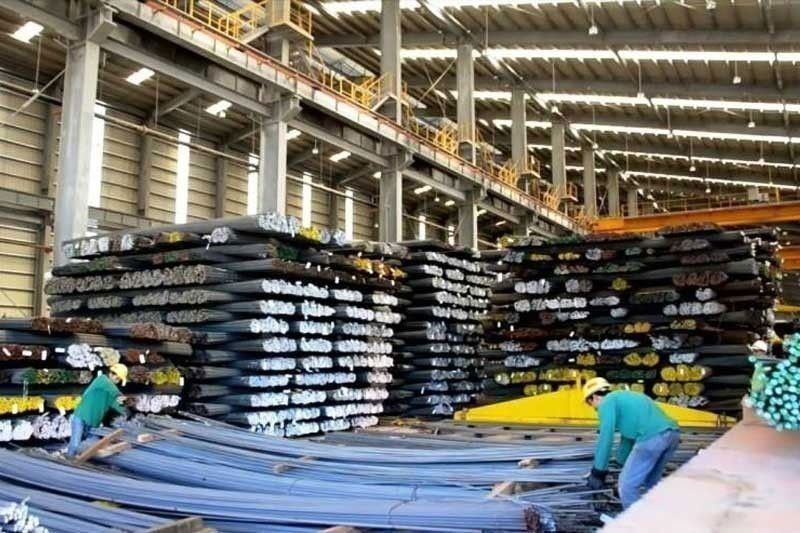Ban on induction furnace in steel manufacturing sought
By Brix Lelis | The Philippine Star | April 13, 2025, 12:00am

At present, SteelAsia is undertaking the first phase of its expansion. SteelAsia Manufacturing Corp Facebook
MANILA, Philippines — Amid the threat of the “Big One,” the Marcos administration should ban the induction furnace (IF) process in steel manufacturing as this results in substandard products that compromise public safety, according to experts.
Roberto Cola, a member of the Department of Science and Technology-Metals Industry Research and Development Center, said IF facilities are the “main source” of substandard steel products in the market.
“The main drawback of IF facilities is that there is no process of removing the harmful elements in the liquid steel, thus resulting in inconsistent quality of products produced,” Cola said during the Kapihan sa Manila Bay.
The IF method, he said, leads to a “safety hazard” as steel products are used in the construction of buildings and other infrastructure.
In 2017, Beijing prohibited the use of the IF process after causing widespread air pollution in China.
Cola said IF facilities were also banned in Taiwan, Japan, Indonesia and Thailand, saying these neighboring countries have “proven” that the method only produces low-quality steel construction materials.
“This is dangerous for the citizens. The government should do the same and ban this process,” he pointed out.
According to Cola, IF facilities are currently operating in several areas in the country, including Pampanga, Bataan, Bukidnon and Valenzuela.
Notably, the annual IF steel-making capacity in the Philippines has increased from less than 150,000 metric tons in 2017 to around three million MT today, Cola said.
Ronald Magsajo, president of the Philippine Iron and Steel Institute, echoed Cola’s statements, urging the government to ban IF facilities and raise the standards in steel manufacturing.
“The entire world, all the developed countries, no longer uses that method. And here we are, like a backyard industry, thinking it’s okay to use old methods, just because it’s possible,” Magsajo said.
An official of the Department of Trade and Industry (DTI), meanwhile, said the agency confiscated P4.19 million worth of substandard steel bars last year.
Steven Magboo, senior trade specialist at the DTI’s Bureau of Philippine Standards said the department conducts verification audits and inspections of manufacturing plants upon receiving reports.
“We check the manufacturer’s quality management system to ensure they have a system in place to produce products that meet the standards,” he explained.
Despite growing concerns over the use of IF facilities, Magboo said no legislation has been enacted to ban the method in steel manufacturing.
“During the audit, we do not discriminate whether they use an induction furnace or an electric iron furnace,” said Magboo, noting that existing standards do not specify a particular process to be used in steel bar production.
The recent 7.7-magnitude earthquake in Myanmar, reportedly claiming thousands of lives, sparked discussions on the quality of construction materials in the Philippines.
In particular, Filipinos expressed concerns about The Big One, a 7.2-magnitude earthquake resulting from the movement of the West Valley Fault.
“The (movement of the) West Valley Fault system could shake most of Luzon, with strong impacts in areas such as the National Capital Region, Region 3 and Region 4,” Office of Civil Defense Administrator Ariel Nepomuceno said.
Nepomuceno, however, assured the public that the government would do everything it could to prepare for the earthquake, despite limited resources.
He also appealed to the local government units to ensure the implementation of proper guidelines on infrastructure projects.
“The structures need to be strong. This is more important than the reaction after an earthquake occurs. We should work together,” he added.
Source: The Philippine Star
.
